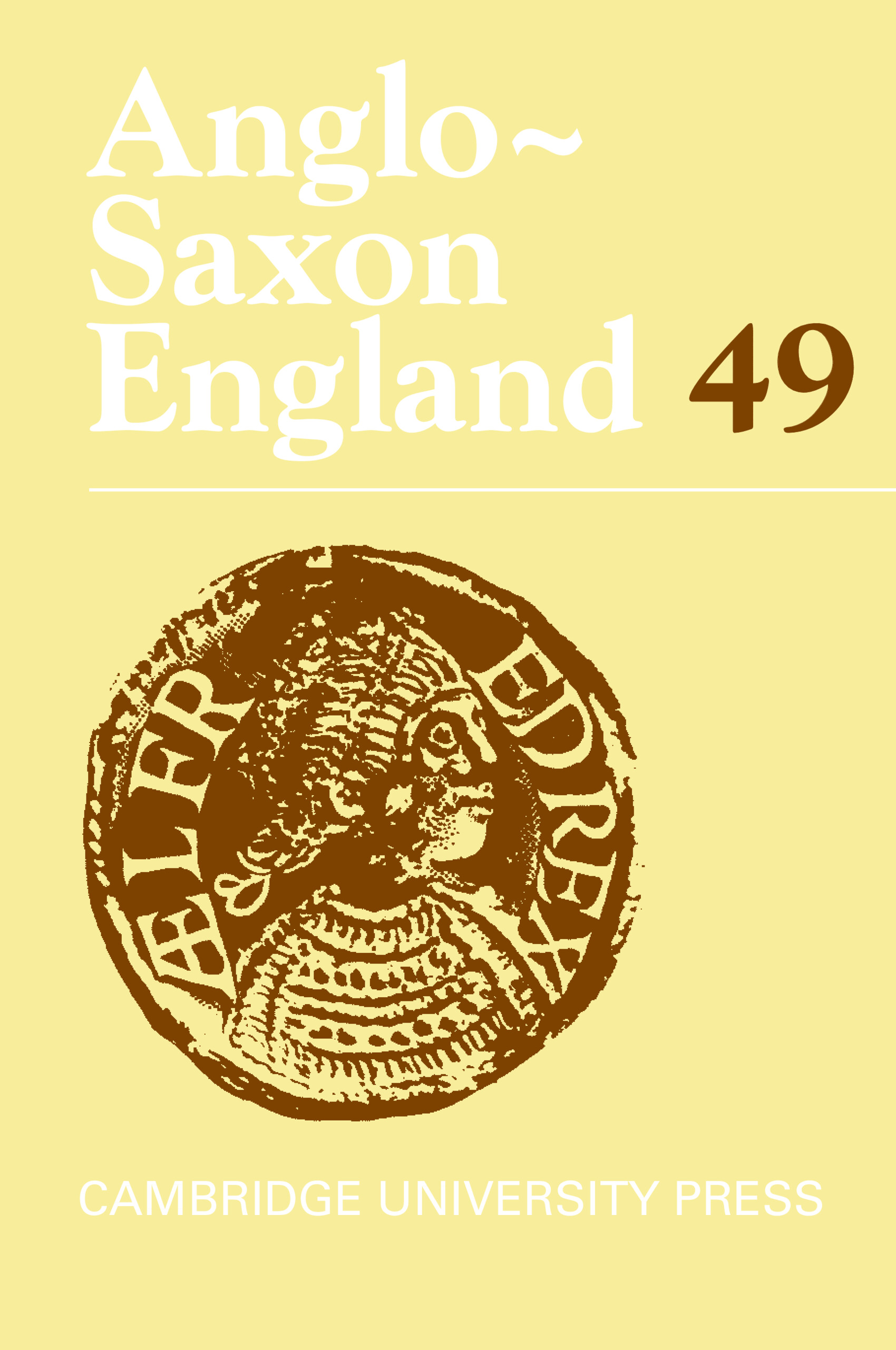Article contents
The Frankish Annals of Lindisfarne and Kent
Published online by Cambridge University Press: 21 April 2006
Extract
The Frankish Annals of Lindisfarne and Kent lie at the root of the ‘making of history’ in Anglo-Saxon England. They are brief ‘paschal annals’, recording mainly the accession or burials of Kentish and Northumbrian kings between 616 and 704, and are found in the margins of Easter tables in one Anglo-Saxon and six Frankish manuscripts dating from c. 740-c. 830. These annals are not well known, but they deserve close attention since they provide factual details not just of ‘what happened’ in early Anglo-Saxon England, but also how such historical data was collected, copied, and transmitted across generations. Crucially, the annals contain chronological details that are not found in any other source, not even in Bede's Historia Ecclesiastica Gentis Anglorum, and they are a unique source for those details. The evidence points to the variety of formats and contexts in which precise chronological details were first recorded in Anglo-Saxon England, and shows that these annals are a very rare piece of independent evidence not just for the history of the seventh century, but also for the type of ‘raw material’ that was available to Bede at Jarrow in the early decades of the eighth.
- Type
- Research Article
- Information
- Copyright
- © 2005 Cambridge University Press
- 8
- Cited by


